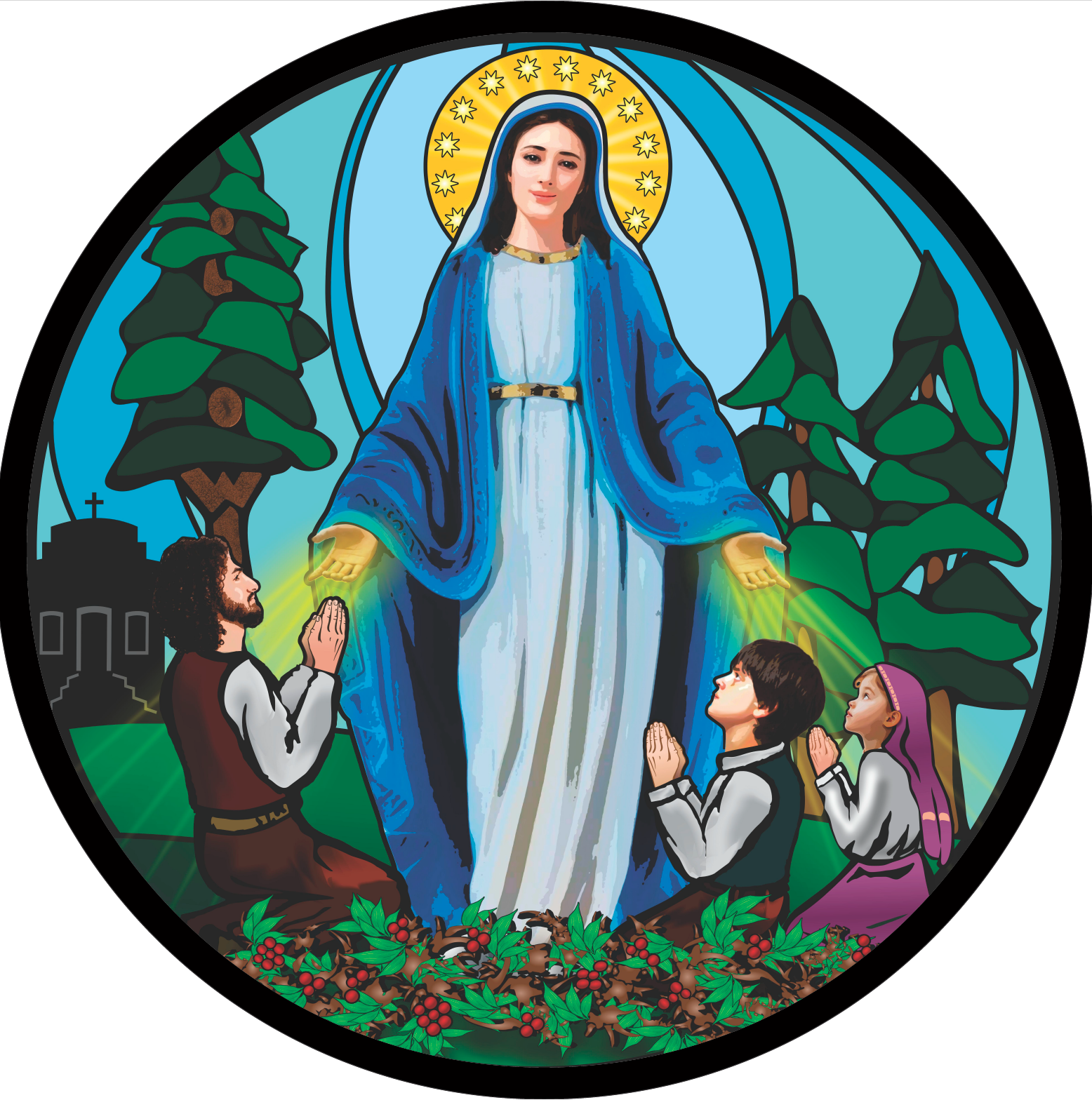Sacraments

The liturgical life of the Catholic Church revolves around the Eucharistic sacrifice and the sacraments. There are seven sacraments in the Church: Baptism, Confirmation, Eucharist, Penance, Matrimony, Holy Orders, and Anointing of the Sick.
The purpose of the sacraments is to make people holy, to build up the body of Christ, and finally, to give worship to God; but being signs, they also have a teaching function. They not only presuppose faith, but by words and object, they also nourish, strengthen, and express it; that is why they are called "sacraments of faith." The sacraments impart grace, but, in addition, the very act of celebrating them disposes the faithful most effectively to receive this grace in a fruitful manner, to worship God rightly, and to practice charity.
Worship is integral to our lives as Christians. When we engage in the prayer and ritual of the Church, we are formed as Church. Our sacramental rites are of primary importance while we are gathered.
The history of human salvation is the history of the way God came to men. The first step on this way was the bridging of the gulf separating God and man in the person of the one Mediator Jesus Christ and by his work of redemption. By means of his Church Christ makes his grace available to all. Only in this application of redemption to mankind is the redemptive action of Christ completed. The doctrine of the sacraments is the doctrine of the second part of God's way of salvation to us. It deals with the holy signs which Christ instituted as the vehicles of his grace.
The great mystery of the union in Christ of a human nature with the second Person of the Godhead is that the human actions and sufferings of Christ are divine actions and sufferings. The sacraments are a living continuation of this mystery. There are earthly, external signs here which, of themselves, could never acquire any supernatural significance, but the signs of the sacraments have been made by Christ into vehicles of his grace. They effect in men the grace for which Christ made them the sign.
So there are two fundamental ideas which constantly recur in the Church's teaching, on the sacraments. First there is the Church's concern for these instituted by Christ, their number, and their proper preservation and administration; then the grace which Christ has for all time linked with these signs and which is communicated by them.
The second is the effect of the sacraments. They are the signs of Christ's work; the effectiveness of Christ's continuing work in his Church cannot be dependent on man's inadequacy. A sacrament, administered properly in the way established by Christ and with the proper intention, gives the grace it signifies. It is effective not by reason of the power of intercession of priestly prayer nor on account of the worthiness of the recipient, but solely by the power of Christ. The power of Christ lives in the sacraments. The effect of the sacrament is independent of the sinfulness or unworthiness of the minister. The Church has never tolerated any subjective qualification of the objective effectiveness of the sacraments ex opere operato. This would ultimately be to conceive the way of salvation as being man's way to God and not God's way to man.
The Church Thus Teaches: There are seven sacraments. They were instituted by Christ and given to the Church to administer. They are necessary for salvation. The sacraments are the vehicles of grace which they convey. They are validly administered by the carrying out of the sign with the proper intention. Not all are equally qualified to administer all the sacraments. The validity of the sacrament is independent of the worthiness of the minister. Three sacraments imprint an indelible character.
Sacramentals are instituted by the Church and are effective by virtue of the Church's intercession. Institution and alteration of them is reserved to the Holy See.
Source: https://www.catholic.org/prayers/sacrament.php
Sacrament Formation Requirements
The Catholic Church holds the Sacraments of Initiation—Baptism, Confirmation, and the Eucharist—as the sacred foundation of Christian life. These are not simply rites of passage, but transformative encounters with Christ and His Church. Because of their depth and significance, the Church calls for intentional, prayerful preparation rooted in Scripture, tradition, and community.
For adults seeking these sacraments, the Order of Christian Initiation of Adults (OCIA) offers a comprehensive formation journey. This process typically spans a year or more, allowing time for spiritual growth, catechesis, and discernment. Through weekly sessions, liturgical rites, and parish involvement, participants are gradually introduced to the richness of Catholic belief and practice.
To foster genuine connection with the parish community, active registration at Our Lady of the Woods is required:
- For Baptism, families must be registered and actively participating in parish life for at least three months.
- For Marriage, couples must be registered and engaged in parish life for a minimum of six months.
These requirements reflect the Church’s desire that sacramental life be rooted in real relationship—with God and with the parish family. Whether someone is unbaptized, baptized in another Christian tradition, or seeking full communion with the Church, OCIA provides a welcoming space to explore, ask questions, and prepare for the sacraments with reverence and joy.
If you have questions regarding formation requirements, please contact the Parish Office.

